Faith-Based Climate Action

NCA supports faith actors to develop climate change actions that address the needs and vulnerabilities among their communities and constituencies.
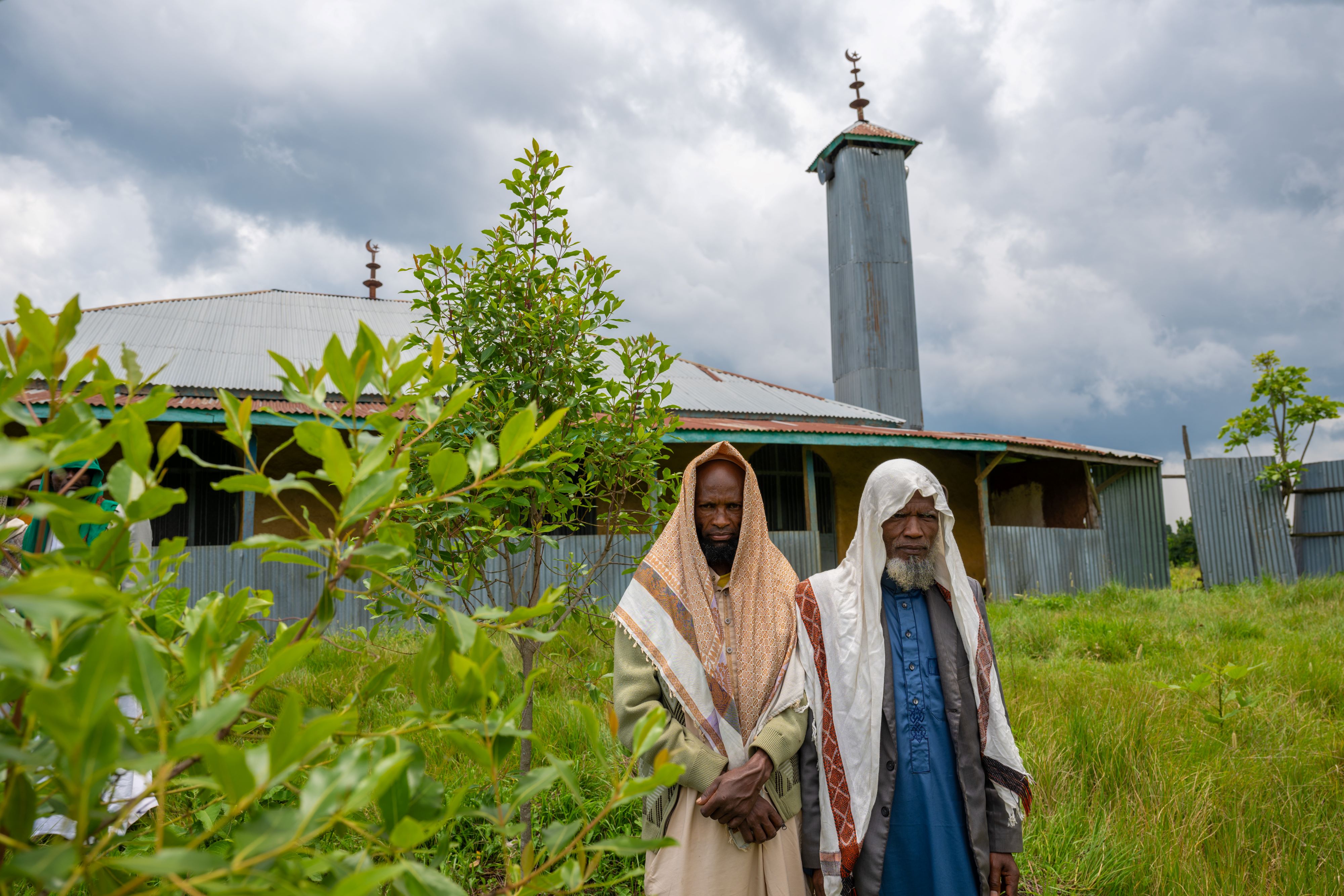
NCA links the actions of these faith groups and faith leaders at the community level to national and international political processes and advocacy.
Related Sustainable Development Goals
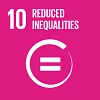

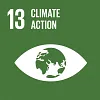
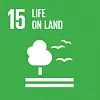
NCA´s response
The goal of NCA’s FBCA strategic initiative is to ensure that faith actors act on climate change. To achieve this, NCA and partners will:
- support faith actors to enable their communities to increase their climate resilience
- support faith actors and communities to advocate for climate action
FBCA in Long-term Development Work
NCA supports faith actors to develop climate change actions that address the needs and vulnerabilities in their communities and among their constituencies. As climate change impacts communities in a range of different ways, intervention strategies will vary in emphasis and scope. This programme therefore has several linkages and synergies with other NCA programmes, primarily Climate Resilient WASH, Peacebuilding, and Climate Smart Economic Empowerment.
Faith actors are moral authorities and social mobilisers in their communities, and they can have a strong influence on attitudes and actions towards climate change. NCA mobilises its faith-based partners to work in their communities and towards their external environment, supporting them in awareness raising and dissemination of knowledge about climate change and environmental degradation. NCA also strengthens these partners’ ability to organise community groups, address local vulnerabilities and build initiatives for climate resilience, while identifying and supporting local solutions and actions. Faith-based Community-based Disaster Risk Management (CBDRM) and NCA’s Church Forest Methodology are both integral to the programme, and the latter can adapted to suit other faith groups and contexts.
FBCA Advocacy
National and local governments have the overall responsibility for responding to climate change, mitigating impacts and implementing climate resilience initiatives. With a deficit in knowledge and resources necessary to fulfil this duty, NCA encourages constructive dialogue between faith-leaders and faith-based organisations and local authorities to ensure adequate responses and community participation in decisions that affect them. In some contexts, broader campaigns mobilising rights holders and religious leaders may be an effective way to influence government authorities to ensure the development and implementation of climate change plans and strategies.
To achieve this, NCA builds faith actors’ knowledge and capacity on both advocacy and climate change policy. NCA supports its faith-based partners to develop spiritual and theological frameworks or platforms for climate change action and climate justice, building on NCA’s cooperation within the ACT Alliance and other global networks. NCA strengthens faith actors’ capacity to engage with national governments and the private sector to ensure that they can positively impact national plans, policies and strategies.
NCA also strengthens faith-based climate networks and platforms to raise awareness about climate change at all levels. At the same time, it supports its faith-based partners to establish or join existing inter-faith climate change platforms and climate action networks, to strengthen their advocacy interventions. NCA also secures faith actors’ involvement in regional and international advocacy processes and creates linkages and spill-over effects to national climate justice advocacy agendas (linking national to regional and international levels). There is a strong focus on youth involvement in these international advocacy processes, linking their local work to wider national and international climate justice advocacy agendas.
Collaborating with Faith Actors and Civil Society
NCA works in close collaboration with local faith-based organisations and NGOs, local private sector stakeholders in value chains (input suppliers, processors, buyers, etc.) as well as international companies that can, for example, contribute with technologies, innovation and knowledge. NCA also works closely with academia and research institutions. The aim is to guide, support and inspire our civil society and faith-based partners to become strong mobilising actors for climate resilience and climate justice. Where possible, NCA seeks private sector collaboration.
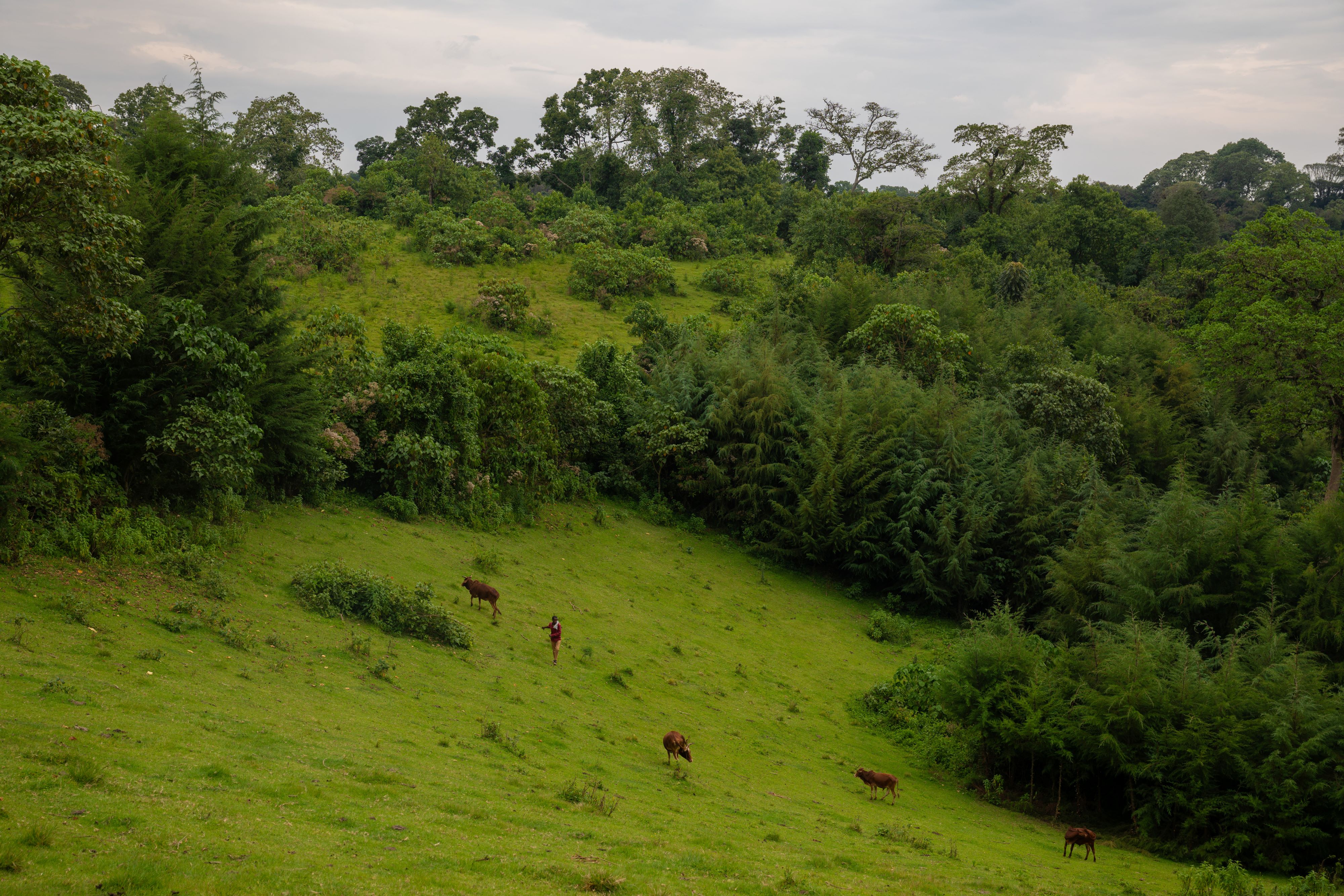
Climate Resilience 2016-2018
Related case
It originates in sacred forests that are distributed in human-dominated landscapes. These forest areas are sometimes referred to as church forests. The church forests comprise local, regional and global biodiversity hotspots, and are important conservation areas for portions of remaining endemic biodiversity, including a proportion of endangered plant species.
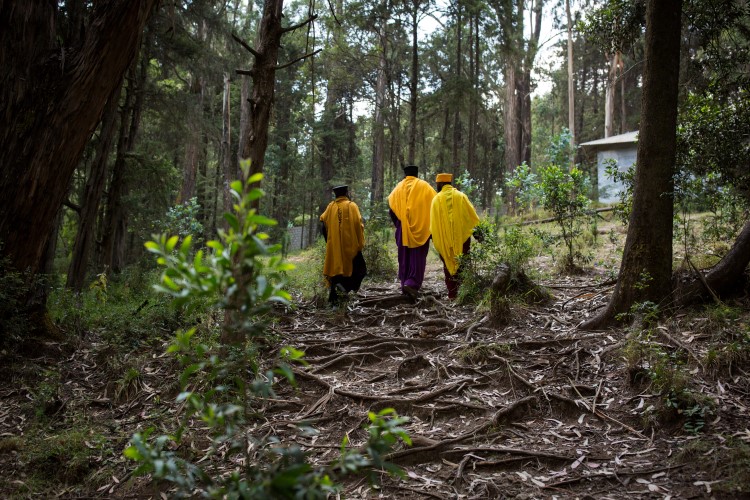
Church forests also provide important ecosystem services including shade, recreation and spiritual value, pollinators, honey, carbon sequestration and others. Because the ground on which the forest lays is holy, the forests are treated as sacred, with the trees symbolizing angels guarding the church. At the community level, each church operates largely autonomously with its own contextually defined approach to forest management. In some cases, church forest governance has involved the construction of walls clearly demarcating forest boundaries. In other areas, the church pays guards to patrol forests to detect and punish trespassers.
The church forests constitute values and opportunities, not only as existing hotspots, but also as incubators for improved ecosystem management beyond the church boundaries and for contributing to surrounding communities’ livelihoods and resilience to climate change. The project aims to establish a national orthodox climate platform and support the Orthodox Church to become a climate ambassador advocating for forest protection. It will work closely with orthodox leaders – and eventually other faith leaders - to raise awareness and knowledge about climate change and the value of sound forest management, including economic values that may incentivize protection.
By raising society’s knowledge and interest in contributing to sustainable forest and land management, the project will support national efforts to combat forest and land degradation and provide support to the implementation of national REDD+ strategies, the Ethiopian Climate-Resilient Green Economy (CRGE) strategy and the African Landscape Restoration Initiative (AFR100).
At local level, the project will be anchored in the congregations, ensuring ownership, long-term impacts and change. The church forests will be the platforms for engagement and collaboration.
The ambition is that the initiative can serve as a basis for interfaith collaboration with other faith communities in Ethiopia and that the orthodox climate platform will be turned into an interfaith platform. The hope is to be able to scale up the project to an Ethiopian interfaith initiative in the second phase of the initiative, in collaboration with the Interfaith Council, MEFCC’s Forestry Sector Development Program (FSDP)/ Forest Transformation Unit (FSTU) and other relevant actors.
At global level, the project will be linked to the Interfaith Rainforest Initiative, which was launched in Oslo in 2017 and aims to unite religious leaders from various faiths to make protection of rainforests an ethical priority for the world’s faith communities. The Ethiopian initiative may serve as an example for other faith-based initiatives globally and will contribute to the Interfaith Rainforest Initiative through participation by Ethiopian Orthodox Church leaders and by sharing lessons. The aim is to contribute to the Interfaith Rainforest Initiative’s ambition to develop capacity among religious and faith communities in order to advocate for policies, regulations, and practices that protect forests and the rights of indigenous peoples and forest communities.
Result cases
Access to adequate water is a major challenge for communities in the south of Angola, where periodic droughts are becoming frequent.
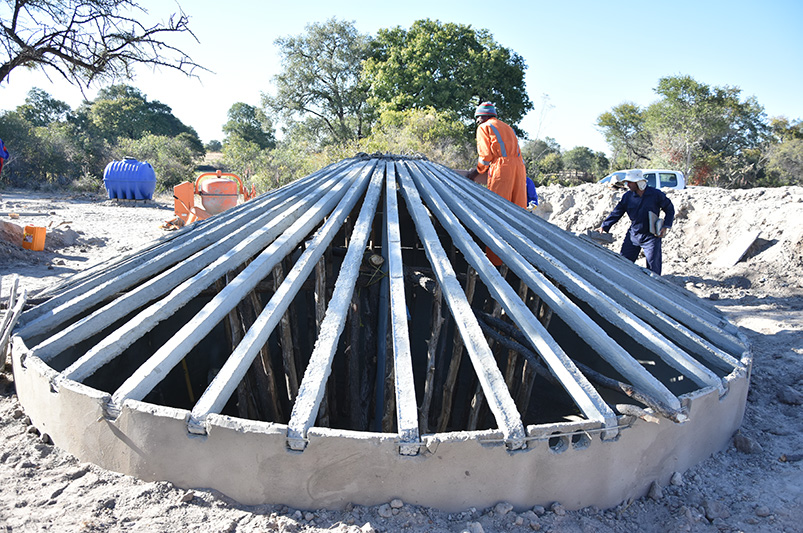
Why:
Providing a durable solution for poor families to take advantage of rainfall through harvesting precipitation is crucial as it increases their resilience and reduces the risk of disaster in their communities.
What:
To solve this challenge, four rain water harvesting cisterns were built using successful blue prints of NCA’s local partner Diaconia in Brazil. In NCA’s progress report to Norad for 2017, this result was highlighted. The south-south partnership between Diaconia and ADRA fostered not only community commitment to water harvesting for drier periods, but it also taught Angolan communities how to better manage water availability over time. Since NCA reported the progress of the water cisterns in the 2017 report to Norad, ADRA has been able to convince the municipal administrations to replicate the water harvesting systems in Gambos and Cacula municipalities in the province of Huíla. The municipalities have included and budgeted for the construction of 100 cisterns in their plans. These water harvesting tanks can collect 5.2 million litres of water, and ensures that during the arid season, 950 people will be sustained with 15 litres of water per day.
How:
Community and faith leaders in Gambos and Cacula raised their concerns about the lack of coping and response strategies with duty bearers. ADRA, assisted with advocacy tools from Diaconia, presented the new method of collecting and retaining rainwater to the municipalities. The municipalities recognised the potential this presents and adopted the model into their planning. This shows that when people are mobilised, and community- and faith leaders present a new and practical solution to authorities, municipalities are willing to pay for the investment of crucial life-saving infrastructure.